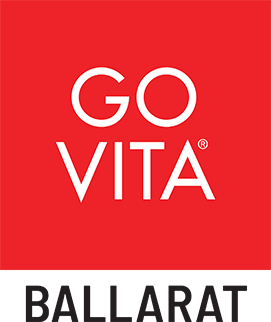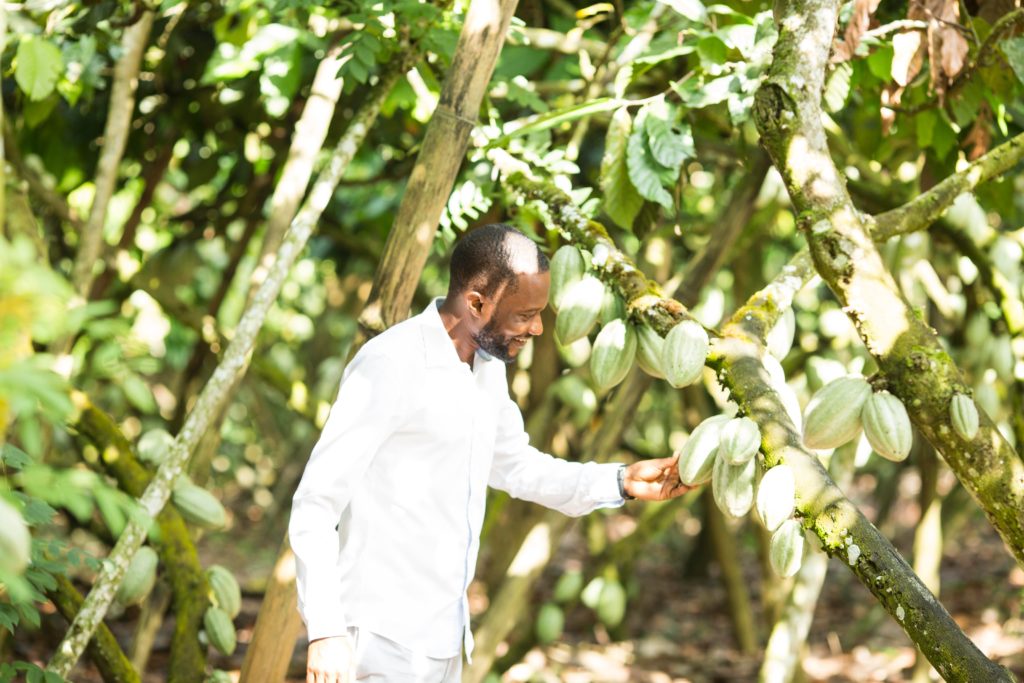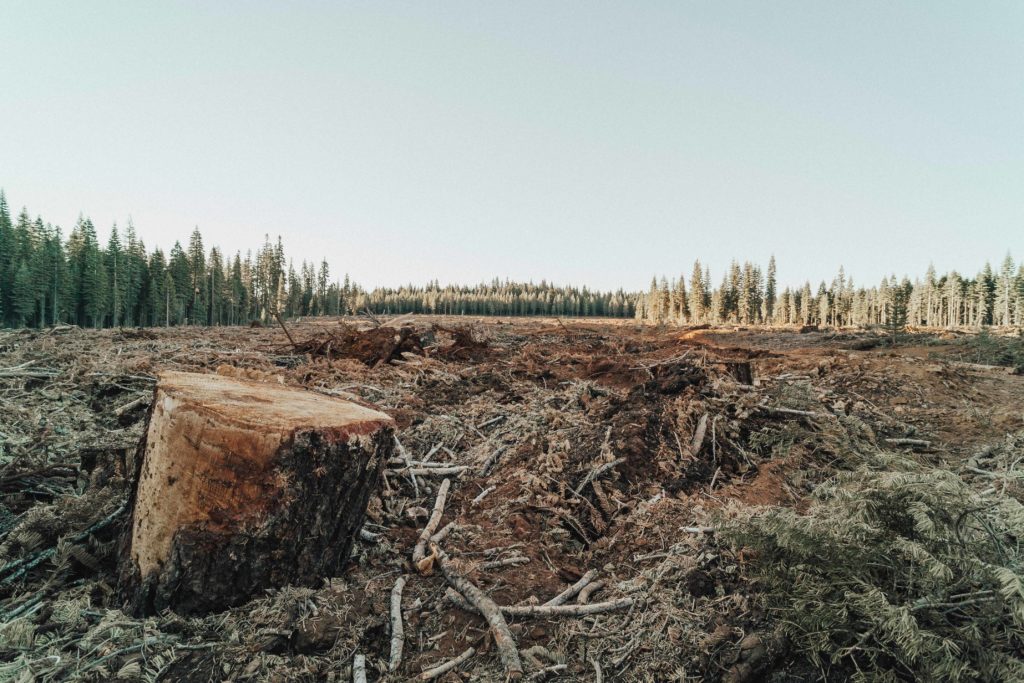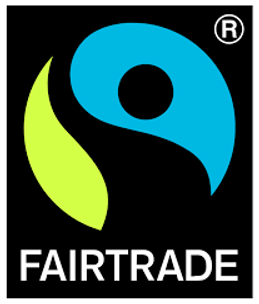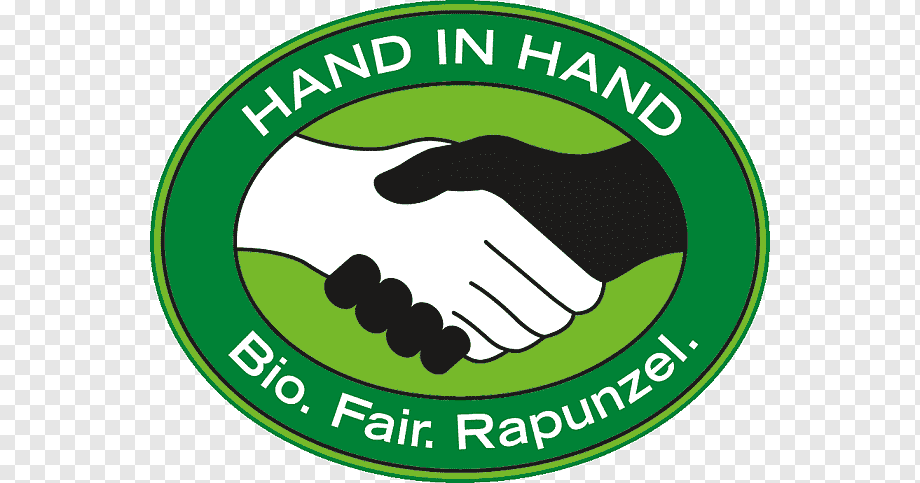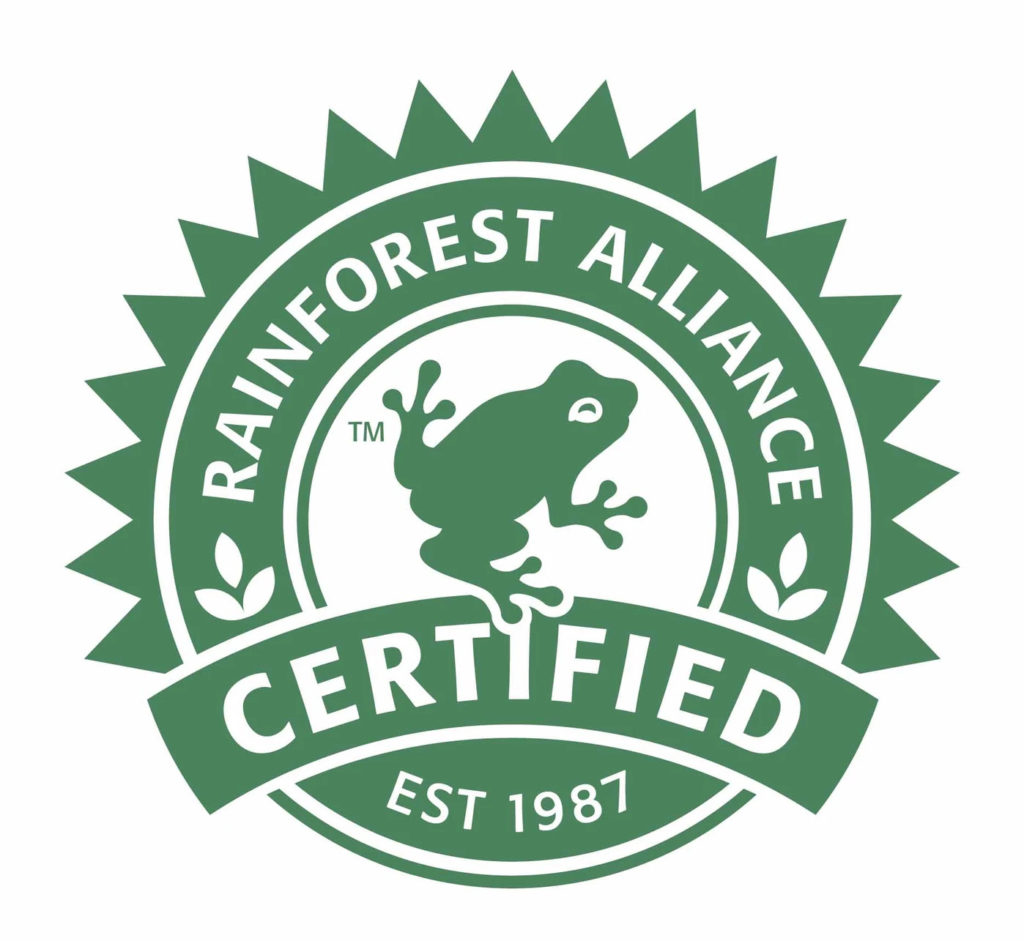We are big chocolate lovers here at Go Vita Ballarat. But we also love humankind and the planet, which is why it is so important to us that we stock fair trade and ethical chocolate.
Where does cocoa come from?
Chocolate consumption across the globe is growing; in 2017 it was estimated that globally 7.2 million metric tonnes of chocolate is consumed each year. Australians contribute to this by eating an average of 5kg of chocolate per person per year. Whilst we could look at curbing our nationwide chocolate addiction, we think it’s more important to focus on purchasing ethical chocolate.
Cocoa is most commonly grown on small farms, providing income for almost 50 million farmers, workers and their families. Most of the world’s cocoa beans come from West African countries where the humidity is high. In countries along the Ivory Coast (Côte d’lvoire), Ghana, Ecuador and Cameroon, as well as Indonesia, there is plenty of protection from rain and wind and the soil is nitrogen-rich.
Cocoa farming and harvesting is strenuous, labour-intensive and precise. Cocoa pods, which flower and bear fruit across the year, need to be cut down from trees using machetes or sticks. Then the pods need to be cut open by hand using either a blade or club to remove the cocoa beans, which are then fermented, dried, cleaned and packed for export.
In most cases, the beans are sold to intermediaries who are based in the wealthier countries of the globe – to be turned into cacao liquor. This is the product that is then purchased by chocolate manufacturers who use cacao liquor to create our much-loved chocolate bars and chocolate products.
The un-fair trade of chocolate
As a result of increased consumption and price inflation, multinational chocolate companies have seen an increase in profits across the last four decades. However, the world market price for cocoa beans has declined by half, with not even all of this making it to the cocoa farmer.
It is estimated that cocoa farmers receive just a 6.6% share in the value chain of chocolate production – equating to less than $1.25USD a day. Because cocoa farmers and workers often live below the poverty line, they are vulnerable to exploitation. Poor living conditions, lack of storage facilities and the immediate need for income, means farmers are often forced into selling their cocoa beans at whatever price they are offered.
As a result, cocoa farmers resort to unsustainable farming practices, cutting salaries to their workers and even recruiting child labour.
Because the poorly paid farmers cannot afford to maintain or clear diseased trees from their land, they are forced to continue to grow cacao plants on existing and worn-out land (often resulting in more diseased plants and therefore an increase in the use of pesticides); or to seek out new land, which often means clearing rainforests.
Workers are usually exposed to dangerous conditions: working with pesticides without protective clothing, handling dangerous tools and working excessively long hours. These workers are usually suffering from malnutrition, are poorly educated and do not have access to clean drinking water. In addition to this, many cocoa farmers employ children (sometimes as young as 5 years old) who are also then exposed to such hazardous conditions.
Why you should consider buying ethical chocolate
Fairtrade International encourages and supports cacao farmers to form cooperatives. Cooperatives allow farmers to have access to more resources and more power in trade relationships which results in overall higher incomes.
Fairtrade International also provides training and education for farmers so that they can learn more about providing safe working conditions, gender rights and sustainable farming practices.
Buying Fairtrade chocolate (and other fair trade products) means that those farmers are earning a fair price for their product. This empowers them to implement safe and sustainable farming practices, boost wages, purchase equipment and tools; and/or make a financial contribution towards better facilities and educational services for their communities.
